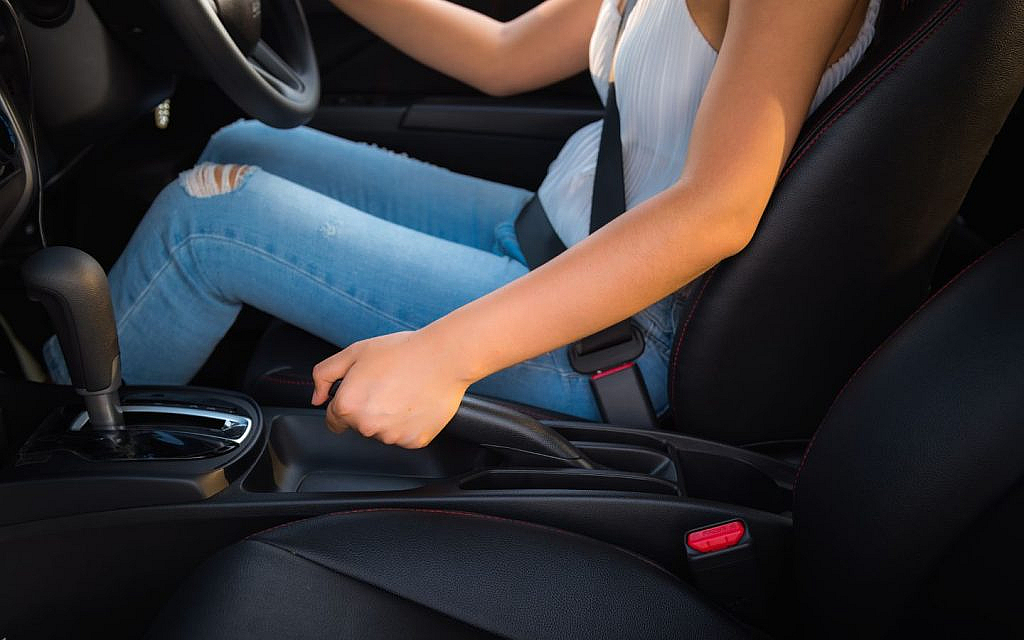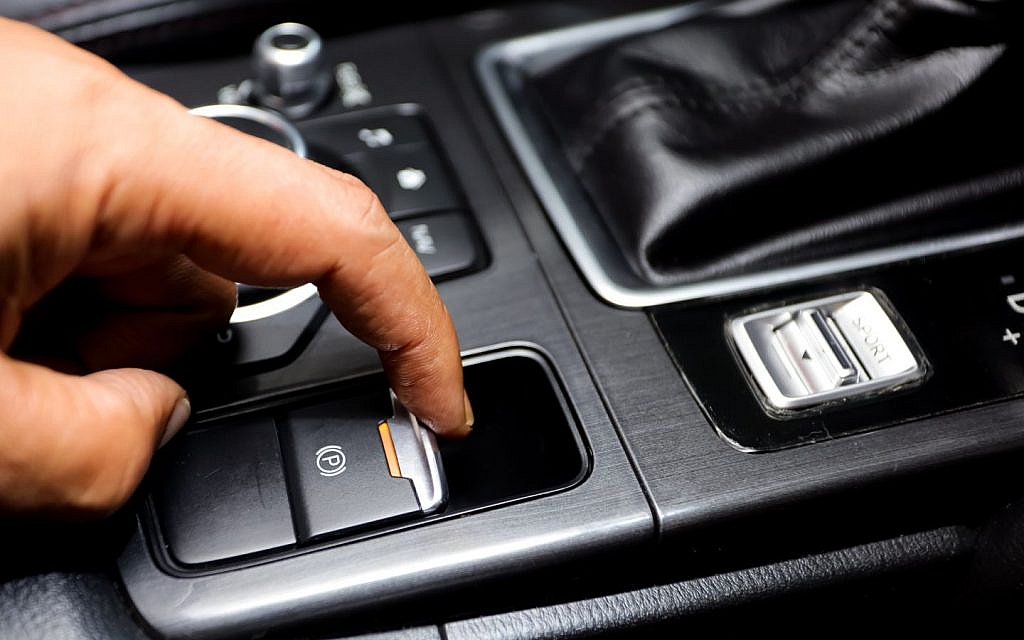What Happens if You Use the Parking Brake While Driving at High Speed
Engaging the parking brake is a routine step when securing a parked vehicle. However, some drivers wonder about the consequences of using it in motion. When you pull the parking brake while driving fast, the outcome can vary dramatically depending on your speed and the type of braking system installed in your car. Understanding these effects is essential for safety, as an improper action at high speed can lead to severe loss of control or even accidents.
The Purpose of the Parking Brake

Traditionally, the parking brake is a secondary braking system, designed for emergencies rather than regular driving. This type of braking system operates independently from the hydraulic brake system, typically through mechanical cables that apply braking force to the rear wheels.
Drivers usually engage the parking brake after placing the car in ‘Park’ to keep it stationary. Yet, in rare situations, such as a complete hydraulic brake failure, the parking brake serves as an alternative way to slow down or stop the vehicle.
Consequences of Pulling the Handbrake at High Speed
The effects of using the handbrake at high speeds can be severe compared to those at low speeds. Here’s what you need to know about each situation.
At Low Speeds (Below 30 km/h)
If the vehicle is moving slowly, pulling the parking brake can cause the car to come to an abrupt stop. While it may cause a slight skid, it generally remains controllable.
At High Speeds (Above 50 km/h)
Activating the parking brake at highway speeds poses significant safety risks. Since the system locks or slows the rear wheels only, it can cause the vehicle to skid, fishtail, spin uncontrollably or even flip over. The risk of losing control increases significantly as speed rises, making this manoeuvre a major hazard.
Mechanical vs. Electronic Parking Brakes
Modern technology has changed how parking brakes work. The system in your car determines the severity of the impact if engaged at speed.
Mechanical Parking Brakes
Older and traditional vehicles typically use a hand-operated lever connected by cables to the rear brakes. When pulled suddenly at speed, these brakes apply force instantly, which can lead to immediate wheel lock-up and a severe loss of control.
Electronic Parking Brakes

Modern vehicles often feature electronic parking brakes. These systems use computer-controlled motors instead of mechanical cables, allowing for gradual application. If you activate an electronic parking brake while driving, the car will slow down smoothly and safely, reducing the risk of skidding or spinning.
FAQs
Can pulling the handbrake at high speed cause an accident?
Yes, engaging the handbrake at high speed can significantly increase the risk of an accident.
Will the rear wheels lock when using the handbrake while driving?
Using the parking brake while driving, especially at high speeds, can cause the rear wheels to lock, leading to a skid and potential loss of vehicle control.
What’s the difference between a parking brake and an emergency brake?
The parking brake is primarily designed to hold the vehicle stationary when parked, while the emergency brake refers to the same system but emphasises its use as a backup brake in case the main braking system fails.
While the parking brake is designed primarily for stationary use, understanding its role at high speeds can help you make informed decisions in emergencies. Mechanical parking brakes can lead to significant control issues if engaged suddenly, whereas modern electronic systems provide a smoother, controlled deceleration. For optimal safety, rely on your primary braking system whenever possible and use the parking brake mainly for parking or as an emergency backup.
If you’re considering upgrading your car for enhanced safety and modern braking features, explore a wide range of quality used cars for sale in the UAE.
Keep reading dubizzle’s auto blog to discover expert tips on car brakes, their proper use and other essential vehicle safety insights.
Cover Image Credits: Shutterstock Image Contributor – Photos box
Comments
Post a Comment